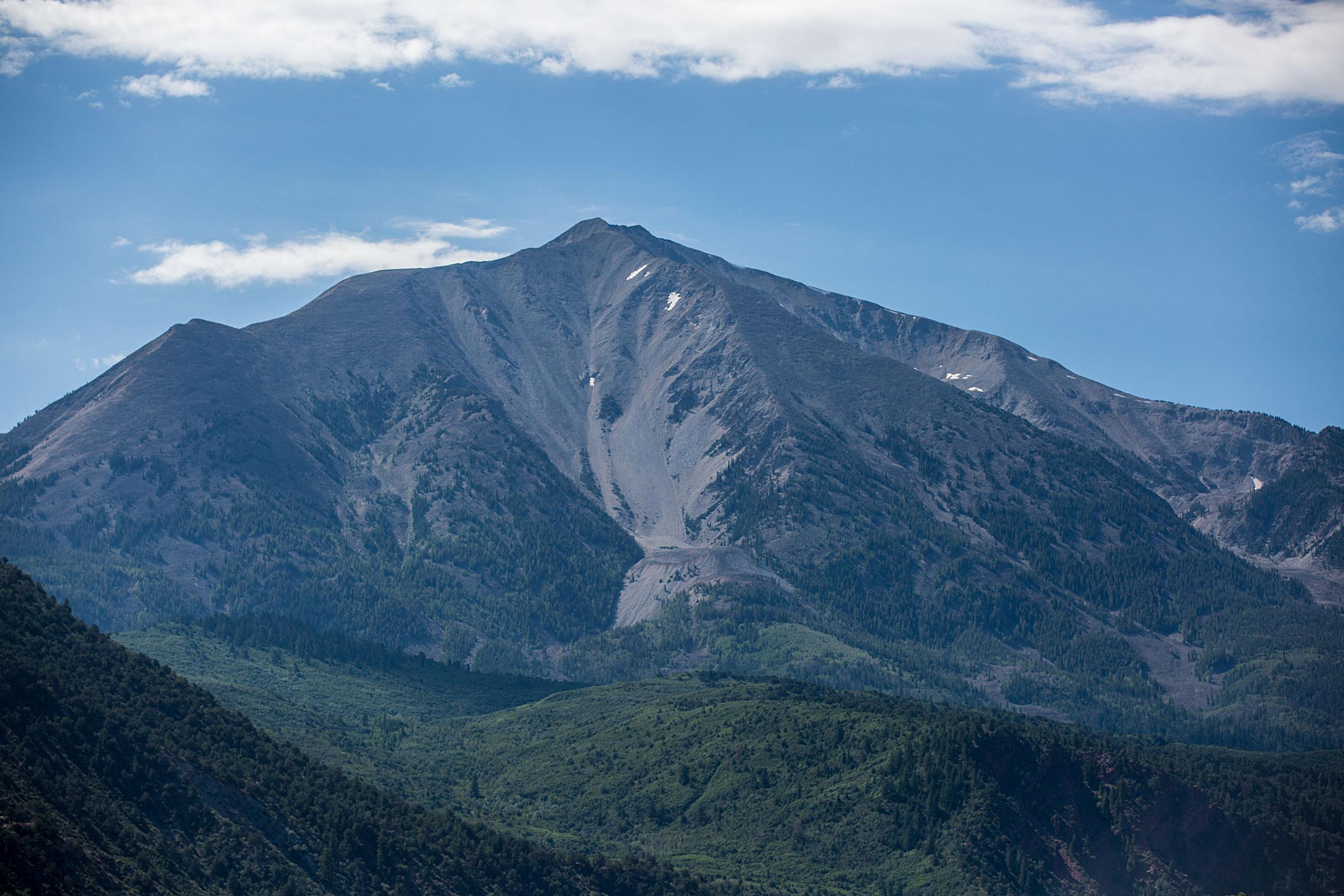
This could be the year the Colorado Outdoor Recreation and Economy (CORE) Act becomes law — at least that’s what Democratic Rep. Joe Neguse and Sens. Michael Bennet and John Hickenlooper are betting on, now that their party controls both chambers of Congress.
The three are reintroducing the Colorado public lands bill; it would protect over 400,000 acres in the state through new wilderness, recreation and conservation areas. It would also establish new protections for historic Camp Hale, where the Tenth Mountain Division trained during World War Two.
“From a first-of-its-kind National Historic Landscape designation for Camp Hale — which embodies the spirit of Colorado — to protections for our iconic San Juan Mountains, the CORE Act was crafted night after night by Coloradans who came together to do something special for the next generation,” Bennet said. “Our state has waited long enough.”
Neguse also hit home the point that the bill was not the brainchild of politicians in Washington, D.C. but “by Coloradans for Colorado.”
“Countless Coloradans have contributed their voices to the creation of this bill, and it’s time for Washington to take notice, and enact this measure into law,” Neguse said. “This year our coalition in Congress includes the support of both of Colorado’s Senators. I’m excited to get this done for the people of Colorado, for our public lands, our climate and our state’s economy.”
It has the backing of a number of local stakeholders from ranchers and farmers to mountain bikers and conservationists, many of whom have worked on these protections for over a decade through an evolving series of bills, as well as support from commissioners in every county with land in the bill.
The CORE Act passed the House during the 116th Congress, but stalled in the Republican-controlled Senate. Former Sen. Cory Gardner, who sat on the Energy and Natural Resources committee did not back it. He said it lacked the support of the former Rep. Scott Tipton, whose district included the lands in the bill and sought some changes to it. The bill even got a veto warning from the Trump Administration.
The political calculus is different now. Democrats control both the Senate and the House, and both Colorado Senators are now actively pushing for CORE to pass.
And conservation groups want to see it happen soon.
“Our new pro-conservation Congressional majority should act swiftly to pass [CORE],” said Kelly Nordini, executive director of Conservation Colorado.
The group views this “long-anticipated” bill as a cornerstone of President Joe Biden’s effort to conserve 30 percent of U.S. land and water by 2030.
But, once again, the bill won’t have the support of the current congress member for the district where the lands would be protected, Rep. Lauren Boebert.
Last July, when CORE was attached to a defense bill, Boebert slammed it, calling it a “land grab.” While her office did not reply to emails requesting comment on the re-introduced legislation, she’s not listed as a co-sponsor of the bill.
When the measure passed the House in 2019, the Colorado congressional delegation split along party lines, with Democrats supporting the bill and Republicans voting against it, even though some of Tipton’s amendments were included.
CORE comprises four sections: the Continental Divide Recreation and Camp Hale Legacy Act, the San Juan Mountains Wilderness Act, the Thompson Divide Withdrawal and Protection Act and the Curecanti National Recreation Area Boundary Establishment Act.
The bill remains largely unchanged from when it was first introduced in 2019. But some small tweaks were made to reflect amendments accepted last session and input from local stakeholders. Those changes include a ‘sense of Congress’ that the military’s HAATS training center in Eagle County is important, language confirming that grazing in the Thompson Divide would not be affected by new protections, and improvements to water rights language.
“I am hoping for the passage of the CORE Act,” said Bill Fales of Cold Mountain Ranch. He uses land in the divide for summer grazing. “It will bring needed protection to this area which is so important to myself and fellow ranchers and also for the entire community, who utilizes these amazing lands for hunting and year-round recreation.”









